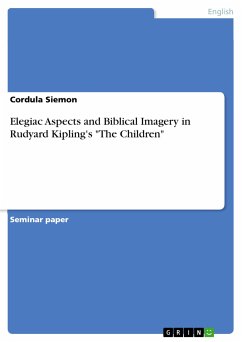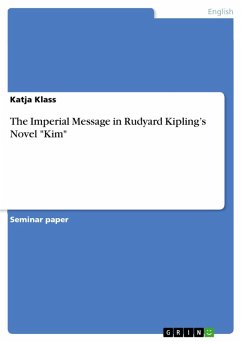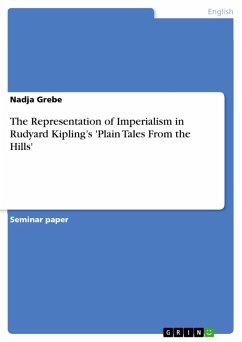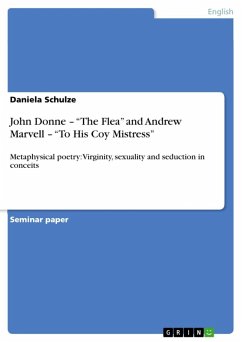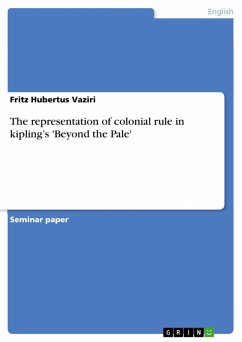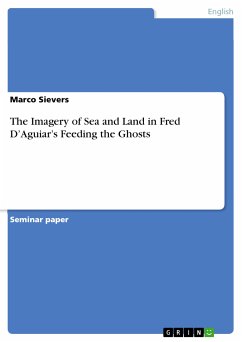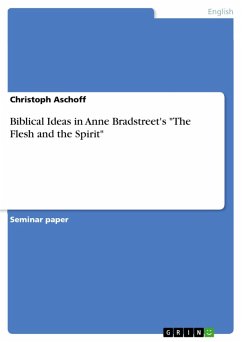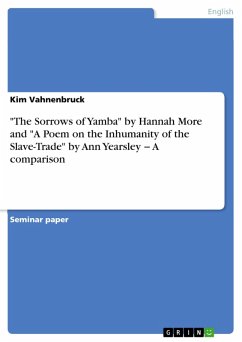Seminar paper from the year 2006 in the subject English Language and Literature Studies - Literature, grade: 1,3, Johannes Gutenberg University Mainz (Department of English and Linguistics), course: The English Elegy, language: English, abstract: After Rudyard Kipling came to fame in the 1890s with poems such as "Mandalay", "Tommy" and "The White Man's Burden", he was increasingly associated with jingoism and imperialism. Indeed, his most popular poems reflect a sense of glamour and excitement about war and Kipling himself was rather open about his anti-liberalism. When the outbreak of the First World War was imminent, Kipling manifested his militarist inclination in his poem "For All We Have and Are", which can essentially be summed up as a public call to arms. The tone in Kipling's poetry changed towards "a new air of sadness and loss" (Keating 199) when his 18 year-old only son John was reported wounded and missing at the Battle of Loos in 1915 and his body was never recovered. While Kipling shared this fate with many other parents at the time, the irony - and tragedy - lies in the fact that Kipling himself had pulled strings to get his son a commission in the Irish Guards after the boy's extremely poor eyesight had prevented his initial attempts at enlisting. Sadly, the poems that dealt with this bereavement never received as much attention as his early verse and were considered "synthetic", having a "dulling effect" (Wilson 63). One of these poems is "The Children", published in 1918 in his last collection of verse "A Diversity of Creatures". Taking "The Children" as an example, the aim of this research paper here is to demonstrate a different, non-imperialist and elegiac side of Kipling. Furthermore, it will be examined in how far the accusations of low quality are justified and whether this automatically results in a dull poem.
Dieser Download kann aus rechtlichen Gründen nur mit Rechnungsadresse in A, B, BG, CY, CZ, D, DK, EW, E, FIN, F, GR, HR, H, IRL, I, LT, L, LR, M, NL, PL, P, R, S, SLO, SK ausgeliefert werden.

